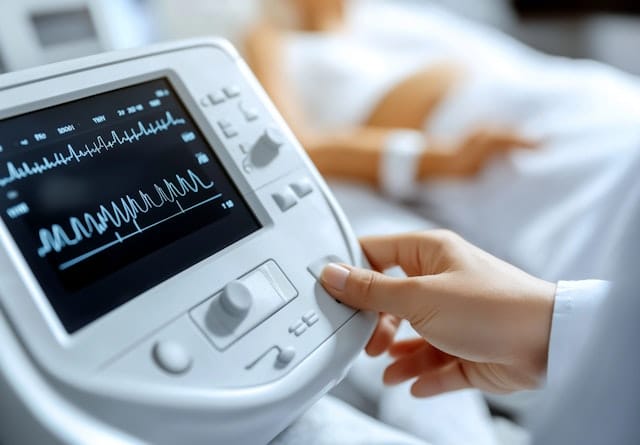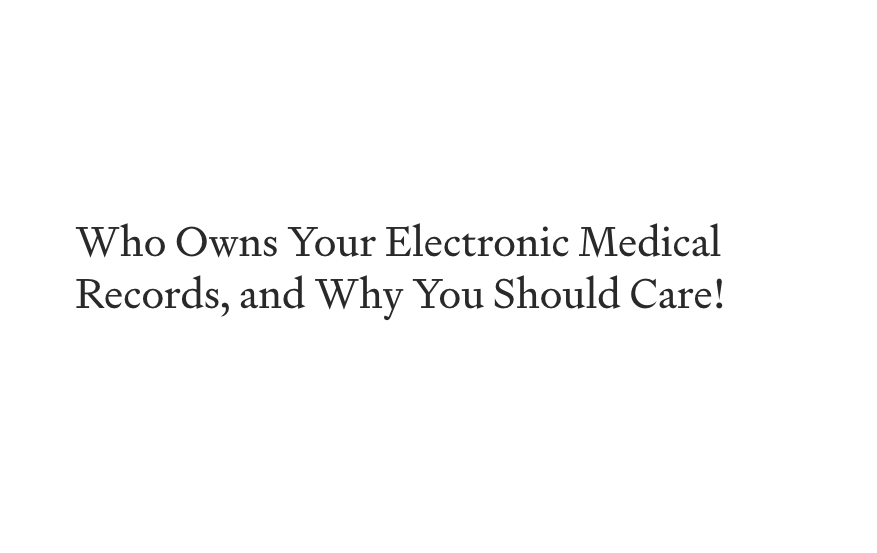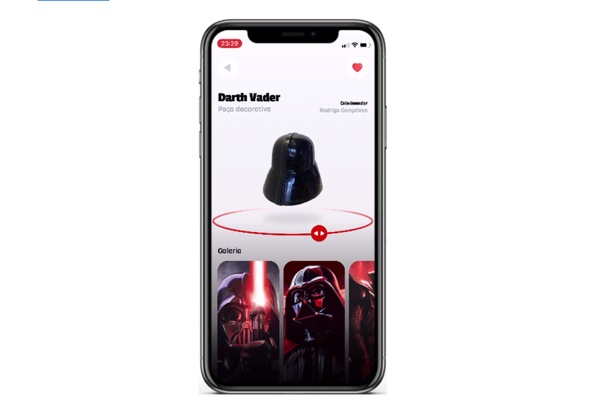Who Owns Your Electronic Medical Records, and Why You Should Care
Table of Content
As a doctor working in tech, I see both the immense potential and the glaring risks in how electronic medical records (EMRs) are handled. Let’s discuss the ownership of your health data, the ethical dilemmas, and why it matters to you.
Who Owns Your Medical Records?
Legally, in many regions, the healthcare provider or hospital owns the physical records. However, the information within those records—your medical history, test results, and personal details—belongs to you.
Despite this, patients often have limited control over how this data is used or shared.
Can Hospitals Use Your Data Without Consent?
Hospitals can legally share your data in certain situations without your explicit consent. For example:
- Public health reporting: Sharing de-identified data with government agencies.
- Insurance purposes: Submitting records for claim approvals.
- Research: Participating in studies, sometimes without anonymizing data.
However, ethical concerns arise when data is sold to third parties or shared without transparency. Instances of non-consensual data sharing erode trust.
Why You Should Care
- Security Breaches: Hospitals are prime targets for cyberattacks. In 2021, the U.S. saw over 40 million healthcare records exposed due to breaches. Stolen data includes sensitive information like social security numbers, insurance details, and medical histories.
- Outdated Systems: Many hospitals still use outdated systems that lack proper encryption or patch updates, making them vulnerable to attacks.
- Malpractice Concerns: Failing to secure patient data should be considered a form of malpractice. If hospitals can be sued for physical harm due to negligence, why not for the emotional and financial harm caused by data leaks?
Major Security Incidents
- 2017 WannaCry Attack: This ransomware attack crippled the UK’s NHS, delaying surgeries and treatments.
- 2022 CommonSpirit Health Breach: A ransomware attack exposed data across over 700 healthcare sites in the U.S.
- 2023 Lehigh Valley Health Network Hack: Hackers leaked sensitive patient images and records after a hospital refused to pay a ransom.
Each incident underscores how outdated infrastructure and poor cybersecurity practices can devastate patients.

Ethical Use of Medical Data
Hospitals and tech companies argue that anonymized medical data is essential for research and AI development. It’s true—advances in disease prediction and drug discovery depend on robust datasets. However, safeguards must include:
- Anonymization: Stripping data of identifiable details.
- Transparency: Informing patients how their data will be used.
- Consent: Obtaining explicit permission before sharing data.
What Patients Can Do
- Ask Questions: Who has access to your data? What protections are in place?
- Request Records: Under laws like HIPAA, you can access your medical records. Regularly review them for errors.
- Demand Accountability: Push for legislation that treats data breaches with the same severity as other forms of malpractice.
For a deeper dive into the ongoing battle over health data ownership, check out this article: Who Owns Your Health Data? The Fight Between Patients, Big Tech, and Governments.
Final Thoughts
Your medical records hold the story of your health journey. You deserve a say in how they are handled.
Hospitals must prioritize security and transparency, or they risk violating not only your privacy but also their ethical obligations. Stay informed. Stay vigilant.











